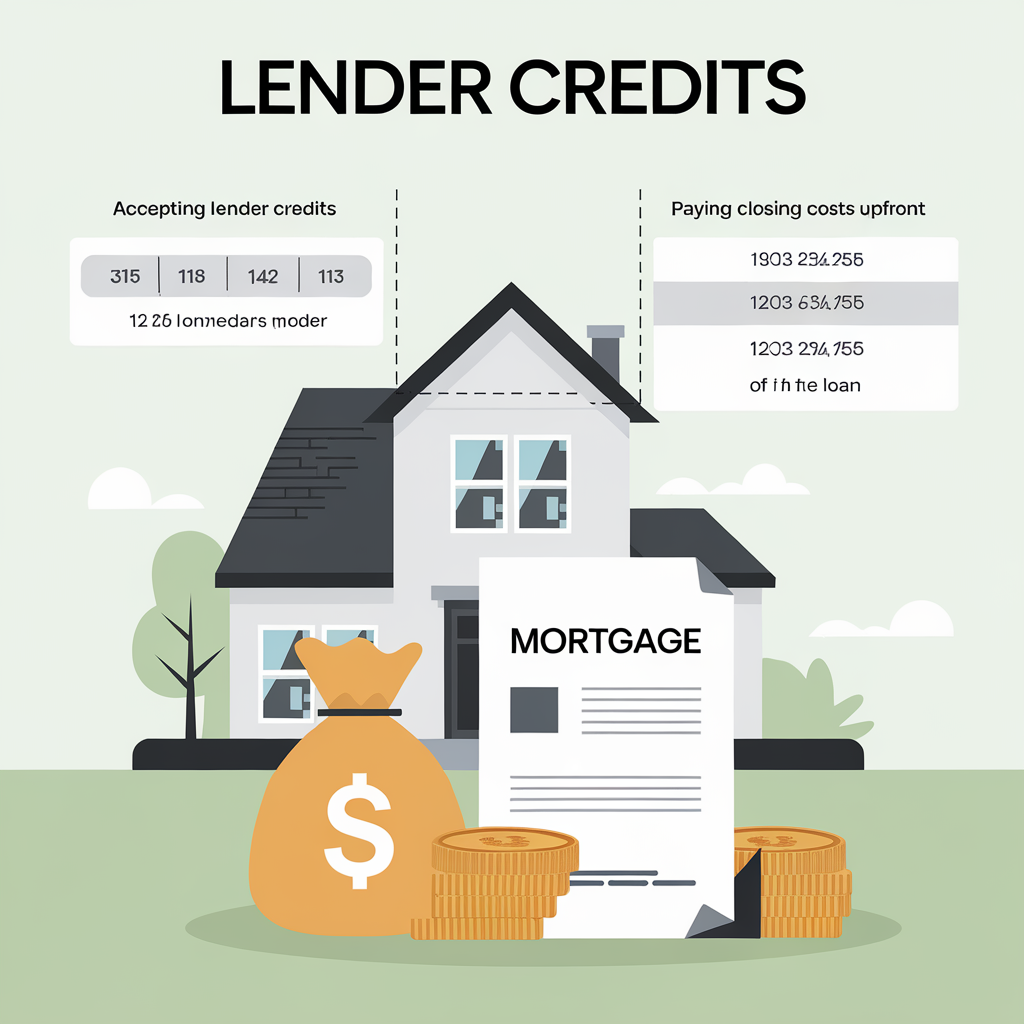Switching Mortgage Lenders: What You Need to Know
When navigating the homebuying process, you might find yourself considering a switch in mortgage lenders. While it is entirely within your rights to change lenders up until the closing, it’s crucial to weigh the pros and cons before making such a decision. In this blog, we will explore the reasons you might want to switch lenders, the potential disadvantages, and the steps to take if you decide to make the change.
Can You Switch Mortgage Lenders?
Yes, you can switch mortgage lenders during the closing process. Federal consumer protection laws grant you the right to change lenders for any reason until the sale is closed and the final loan agreement is signed. However, once you sign the loan agreement at closing, your mortgage enters its service term, and the only way to switch lenders after that is through refinancing.
When to Consider Switching Mortgage Lenders
There are several scenarios where switching mortgage lenders might be beneficial:
Better Loan Terms Become Available
If interest rates drop or more affordable loan offers emerge between your preapproval and closing, it might be worth considering a switch to take advantage of better terms.
Unsatisfactory Customer Service
If your current lender is unresponsive, shuffles you among multiple contacts, or you simply feel uneasy about the relationship, it might be time to look for a lender that values your business and provides better service.
Changes in Loan Terms
If the terms of your final loan offer are less favorable than those presented during preapproval, and you have better preapproval offers from other lenders, switching might be a wise choice.
Loan Decline Due to Low Appraisal
If a home appraisal comes in lower than expected, causing your lender to decline the loan or reduce the amount they are willing to lend, you may need to seek another lender or consider a different property.
Potential Disadvantages of Switching Mortgage Lenders
While switching lenders can offer benefits, it also comes with potential drawbacks:
Closing Delays and Potential Fees
Switching lenders could delay your closing date, which might lead to the seller canceling the sale and keeping your earnest money. Alternatively, the seller might agree to an extension but impose a per diem fee for each day of delay, adding to your closing costs.
Additional Appraisal Fees
New lenders typically require a new appraisal, which means additional costs for you. Appraisal fees can range from a few hundred dollars to significantly higher amounts, depending on the property’s size and features.
Potential Application Fees
Some lenders charge upfront application fees, which can be as high as $500. While not all lenders have this practice, it’s something to consider when switching. Established customers might have these fees waived, so check with financial institutions you have a relationship with.
Impact on Credit Score
Switching lenders after two weeks or more from your initial approval can result in a hard inquiry on your credit report, potentially lowering your credit score by a few points. Credit scoring systems treat multiple mortgage inquiries within a short timeframe as a single event, but the exact timeframe varies by system.
How to Change Your Mortgage Lender
If you decide to switch mortgage lenders, follow these steps:
Seek Mortgage Preapproval from Other Lenders
Look for the best deal in terms of interest rates and fees. Preapproval is usually quick, but it can take anywhere from minutes to days to receive a preapproval letter. If interest rates have dropped or your credit scores have improved, you might find better options.
Communicate with Your Agent and the Seller
Inform your agent and the seller about your decision to switch lenders. Provide a clear explanation and discuss options to avoid canceling the sale or rescheduling the closing. For example, you might offer to rent the house on a short-term basis until the new loan is approved.
Submit a Full Application to the New Lender
Contact your new lender and explain your situation. Ask if there’s anything you can do to expedite the process, including obtaining a new appraisal if necessary.
Finalize the Sale
Once you receive approval from the new lender, schedule a new closing date as soon as possible and complete the sale.
The Bottom Line
Switching mortgage lenders after making an offer on a home is your right, but it can be risky and stressful. Make sure you fully understand the process before moving ahead. For any mortgage service needs, contact O1ne Mortgage at 213-732-3074. Our team is dedicated to providing you with the best service and loan options available.
At O1ne Mortgage, we are committed to helping you navigate the homebuying process with ease. Call us today to discuss your mortgage needs and find out how we can assist you in securing the best loan terms possible.

